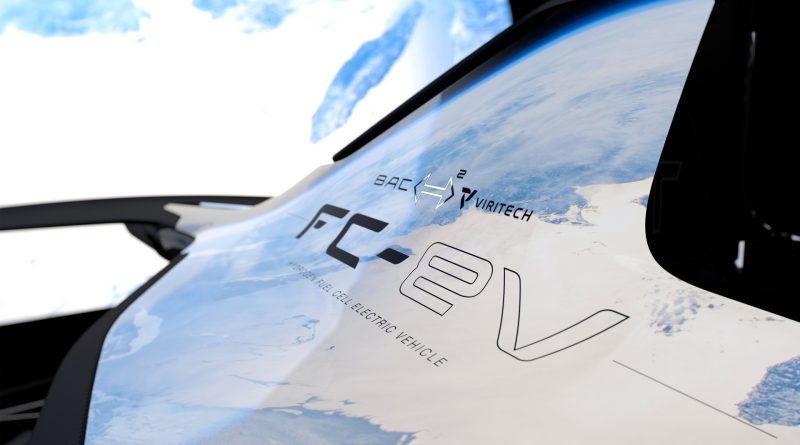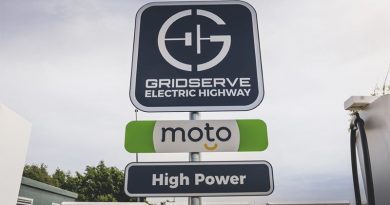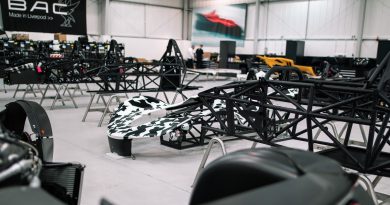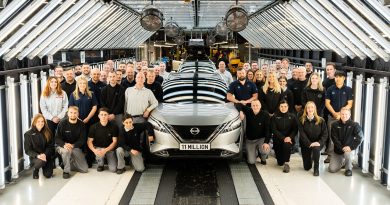BAC to Develop Fuel Cell Electric Powertrain for Mono Supercar
Liverpool-based Briggs Automotive Company (BAC) is working to create a zero-emissions version of its lightweight Mono supercar, through use of a hydrogen fuel cell.
BAC has joined forces with hydrogen fuel cell specialist startup Viritech, based at MIRA near Nuneaton. Viritech recently revealed a proof-of-concept supercar called the Apricale, which uses a 1,100hp version of its automotive powertrain.
Hydrogen might not seem to be a good fit for the Mono on the face of it. BAC has gone to extraordinary lengths to keep the Mono’s weight to a bare minimum, employing highly exotic materials in the car’s construction.
This includes graphene-enhanced carbon-fibre, which is lighter and thinner than regular carbon-fibre but also stronger. The Mono also has magnesium chassis and suspension components, carbon-fibre wheels designed by machine learning, a titanium exhaust system, and carbon ceramic brakes. If that weren’t quite enough, BAC has been investigating the use of niobium alloys in the Mono’s tubular chassis structure to save even more weight.
A hydrogen fuel cell stack produces electricity by combining hydrogen and oxygen to charge a battery and drive motors to power the car, and those are generally heavy components. Including the hydrogen fuel tank, the entire powertrain could weigh close to 300kg – more than half the kerb weight of any Mono.
However, Viritech and BAC will work to develop lightweight energy stores in order to keep the weight penalty to a bare minimum, limiting the impact on the Mono’s capabilities as well as meeting 2030 emissions targets.
Neill Briggs, co-founder of BAC, commented:
“Technology has always been at the forefront of our development, and we remain committed to exploring new automotive innovations within all that we do. Alternative fuels, along with lightweight construction methods, reduce vehicle emissions considerably without compromising driver engagement, something we are committed to preserving at BAC.”




